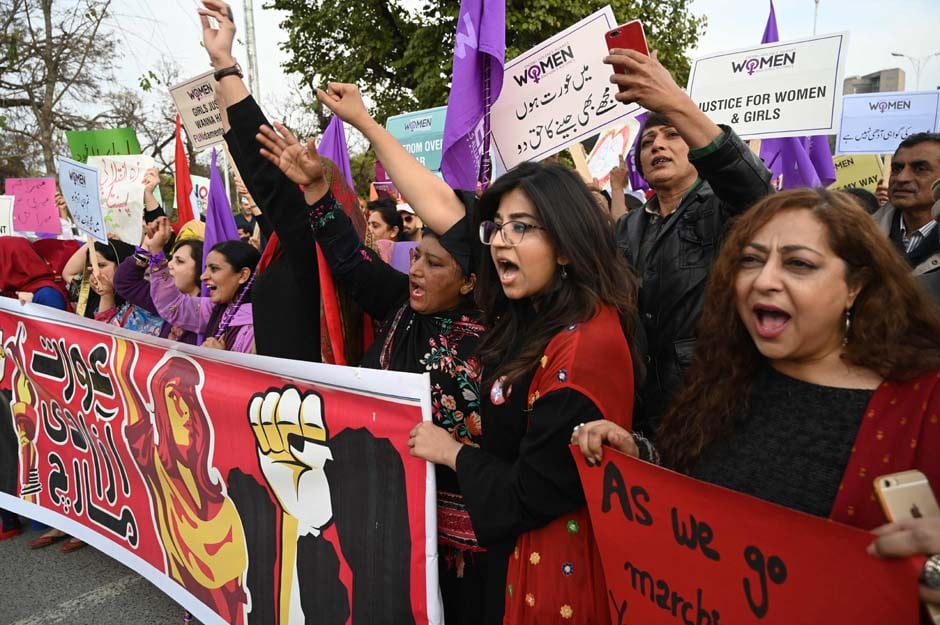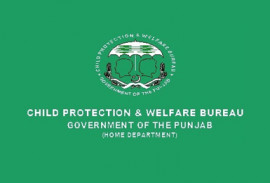
The Competition Commission of Pakistan (CCP) held a seminar in connection with the International Women’s Day to discuss the crucial role of Small and Medium Enterprises (SMEs) in the economy with a special focus on contributions and challenges of women entrepreneurs.
The theme of the seminar was, “Women in SMEs: Challenges and way forward”. A wide array of stakeholders, including the representatives of small businesses, chambers of commerce and industry, commercial counsellors of foreign embassies in Pakistan, women-led SMEs, and regulators attended the event. The CCP Chairperson Rahat Kaunain Hassan along with the senior officers and female staff members were also in attendance.
Hassan highlighted the critical role of SMEs in driving economic growth. She explained that the choice of SMEs as the seminar's theme was due to their impact and estimated contribution of up to 40% of GDP in the economy and being one of the key components of CCP’s strategic vision 2020-2023.
While discussing the country's economic challenges, she emphasised the importance of enforcing competition principles in such times of crisis as a necessity. She also emphasised the need for promoting women's economic empowerment that will change the economic landscape.
The CCP presented its draft report on "Improving Economic Efficiency of SMEs." The report identifies access to finance as a major barrier to SMEs. A survey of 50 financial institutions was conducted in 2021 which showed that only 30 out of the 50 lend to the SME sector. Among these 30 FIs, the lending is skewed towards medium enterprises and only two were able to achieve the indicative lending targets set by SBP in the sector.
SBP prepared National Financial Inclusion Strategy (NFIS) in 2015 in which SME sector was identified as a priority sector and the target set for SME lending was 17% of private sector financing to achieve by 2020. However, the SME lending was only 5.40% of the private sector lending in September 2022 and over the last five years the lending has remained between 6-7%.
The report recommended that the targets needed to be enhanced and aggressively followed. The report also emphasises the need for an SME Act, an effective SME banking network with focused SME desks, as well as redefining SMEs to include micro-enterprises with distinct thresholds as per global standards.
Founder and CEO at Base6 Private Limited Dr Farah Faris Qureshi urged the government to simplify policies and provide an enabling environment for small businesses in the health sector, particularly those run by women.
CEO of Pronto Promo Saulat Salahuddin highlighted the challenges faced by SMEs in Pakistan, saying that there is no ecosystem for entrepreneurship to flourish both in terms of knowledge, skills, and technology. She suggested establishing more technical training institutions and setting up a single window operation for over 30 government departments.
CEO of Conatural Beauty Myra Qureshi Jahangir pointed out the issues of gender-friendly spaces, like the lack of women's restrooms and public transport, which are major challenges for women entrepreneurs.
Creative Director of Orah Jewels Mariya Suhail shared the challenges in the gemstone industry, including a lack of skilled individuals, machinery, and technical support, and regulatory barriers.
The speakers of the second session on “Creating an enabling environment for SME growth in Pakistan: innovation and best practices,” delved into the various opportunities that are available for small and medium enterprises (SMEs) and women entrepreneurs in Pakistan.
Farhan Aziz Khawaja, the CEO of Small and Medium Enterprises Development Authority (SMEDA) shared that the Asian Development Bank is lending its support to the development of a women entrepreneurship policy, which is currently being drafted.
Head of Women Venture Portfolio at Karandaaz Shumaila Rifaqat emphasised policy consistency and continuity and the importance of innovation.
Published in The Express Tribune, March 10th, 2023.


















COMMENTS
Comments are moderated and generally will be posted if they are on-topic and not abusive.
For more information, please see our Comments FAQ